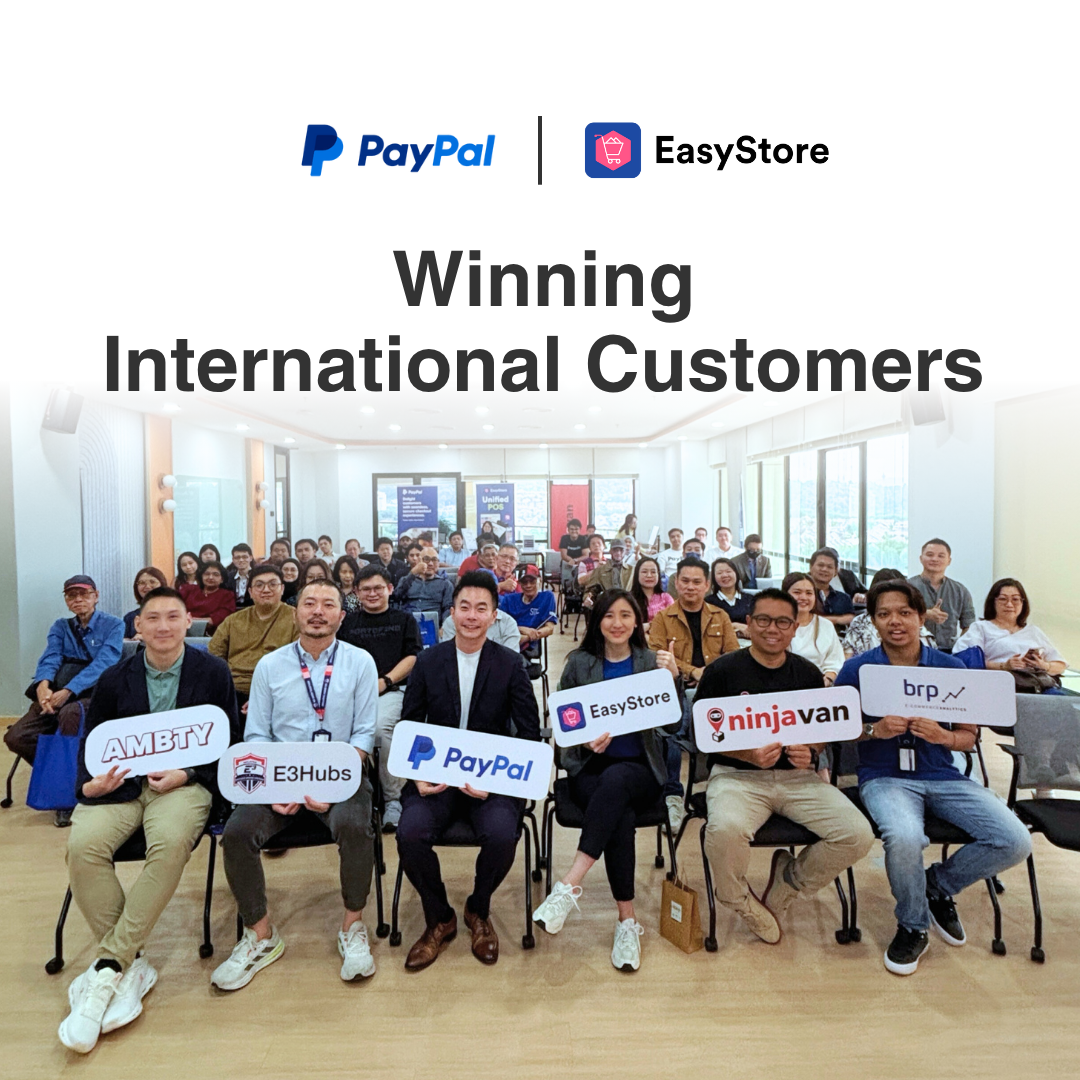Successful Digital Startups That Overcame Doubts and Defied the Odds
By Jeremy from iPrice · 4th April, 2019

Table of Contents
This blog was updated on 16 April 2025, for more information connect with our team: https://www.easystore.co/contact
Successful Digital Startups That Overcame Doubts and Defied the Odds
A few years ago, Mark Zuckerberg delivered a memorable speech to Harvard’s graduating class.
Instead of focusing on finding purpose through a singular, life-changing eureka moment — like many typical commencement speeches — he offered a different perspective: “The idea of a single eureka moment is a lie.”
As millennials, Mark believes we all have the ability to instinctively discover our own purpose, and that our drive should go beyond ourselves, to benefit others as well.
Innovation is a process, and great startups often begin with ideas that seem ridiculous or even nonsensical.
Here are three standout examples of wildly successful startups that proved the doubters wrong.
Amazon
Now the world’s largest internet-based retailer, Amazon boasts a catalog of virtually everything you might need.
In 1994, Jeff Bezos made the bold decision to leave his Wall Street job to launch an internet company — what we know today as Amazon.
After reviewing a list of 20 potential products, he chose books due to their universal demand and low cost.
Interestingly, Amazon’s initial funding came from his parents' personal savings.
Despite the internet boom, people were hesitant to use credit cards online, and Amazon wasn’t even the first online bookseller — it faced fierce competition from established retailers like Barnes & Noble, as well as local booksellers embracing e-commerce.
In 1998, four years after focusing solely on books, Amazon expanded its services and introduced convenience features like Free Super Saver Shipping.
It steadily grew by acquiring other companies, expanding its product offerings, and building customer trust with reliable, affordable delivery.
Jeff Bezos attributes Amazon’s success to being "stubborn on vision, but flexible on details."
Experimentation is Amazon’s formula for growth, with a strong, unshakable vision and the flexibility needed to adapt along the way.
Google’s story is equally fascinating.
When it launched, it was the 20th search engine in the world — entering a space most had written off as unprofitable.
At the time, search engines were seen as “commoditized money losers”, with conventional players abandoning the market.
Unlike competitors who relied on manually compiled directories, Google built a powerful algorithm to sort the ever-growing internet.
It introduced key innovations like inbound links from trusted sources, combined with standard ranking factors like keyword frequency and page titles, to deliver smarter, faster search results.
While other search engines cluttered their homepages with ads, making them sluggish and hard to navigate, Google’s minimalist, uncluttered design and lightning-fast speed set it apart.
Beyond its search engine, Google monetized through Google Ads, revolutionizing digital advertising.
Yet, it continued offering free, ad-free apps and services, prioritizing user experience.
Google’s culture of "innovating first, gathering real user feedback, and only then monetizing" fueled its ongoing success.
Before Facebook, platforms like MySpace and Friendster had already introduced social networking.
But none achieved the global dominance Facebook would eventually reach.
At a time when the social media market was undefined, Facebook was just one of many social sites.
Mark Zuckerberg envisioned Facebook as more than a networking site.
He wanted it to connect people and businesses in meaningful ways — creating business pages, communities, and new online interactions.
When Yahoo offered to buy Facebook for $1 billion, Zuckerberg made the bold decision to decline.
He believed in the platform’s potential to be bigger than a quick payout.
It was a high-risk move, since not everyone shared his conviction, but Mark was willing to let Facebook evolve with the market.
The result? Facebook’s dominance pushed rival social networks into niche territories.
It proved that even seemingly ridiculous startup ideas could thrive and redefine industries.
This expert article is brought to you by iPrice Group.
Make Customers Love Buying From You
EasyStore empowers your brand to prioritize customers and enhance their experience, creating a unified customer experience (UCX) that makes customers love buying from you.
Over 50,000 brands have grown their businesses by embracing unified customer experiences (UCX) strategy through EasyStore across multiple sales channels - online store, retail outlets, marketplaces, and social media, ensuring consistency in product and service offerings for a seamless shopping journey.
Embrace UCX and redefine your business success today
Discover how UCX can elevate your customer engagement with a truly unified journey for your customers, streamline operations, and drive growth across all channels.
Contact Us





